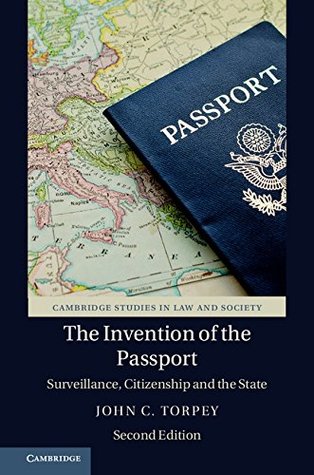On June 22, 1791, the city’s mayor issued an order enjoining the Parisian citizenry to permit the exit from the city of those equipped with passports, which he promised would be issued with “discretion and prudence.”20 Under these conditions, possession of a passport bore witness to the revolutionary state’s approval of movement by its bearer; it thus functioned as a “safe-conduct” of a kind that would later be associated only with movement into other sovereign jurisdictions, at least in times of peace.
Welcome back. Just a moment while we sign you in to your Goodreads account.


